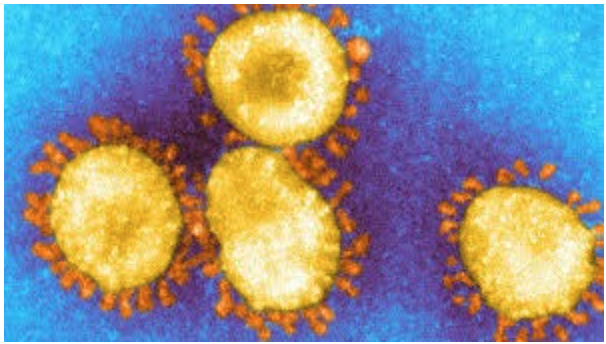COVID Variants
This image displays the UK strain of the Coronavirus under a microscope.
March 7, 2021
As of February 22, 2021, the COVID-19 Pandemic has taken 500,000 American lives (New York Times). Despite the startling death toll, many scientists are hopeful that vaccine distribution will help to lower transmission and COVID related deaths. However, variant strains of the virus that are more contagious, and possibly more lethal, may be resistant to current vaccines (New York Times).
There are three known variants: United Kingdom, South Africa, and Brazil, and according to the CDC all three strains have been found in the United States. On one hand, the effects of the variants will directly affect the trajectory of the pandemic, but fortunately the FDA has laid groundwork to increase the speed in which drug companies are able to produce “booster vaccines” to combat new strains, similarly to the influenza vaccines that are developed yearly (NBC).
Ella Chin, a Ramapo Senior, feels that the scariest element of the variants is the unknown. She stated, “New variants can be more infectious and spread fast. So that’s more people at risk and significant work and research to do in order to most efficiently combat it.” Many Ramapo seniors are hopeful for a more “normal” prom and graduation than last year’s, but there is no guarantee that cases will continue to decline.
The best thing we can do is continue to follow CDC guidelines: wear masks, social distance, and quarantine when necessary. It is also vital to keep a positive attitude. As previously stated, the FDA is working to streamline the vaccine approval process, so we are not defenseless against these new strains. Ms. Davanzo, a new English teacher at Ramapo, exemplifies this positive attitude. In an interview, she stated, “I am by no means a medical expert, but from what I understand, early tests show that the vaccines that have been approved have proven to be effective against COVID-19 variants in many cases – and let’s hope that’s true! If that’s the case, then I wouldn’t imagine there will be any more or less impact on school instruction than there has been already – and again, that’s the hope!”






